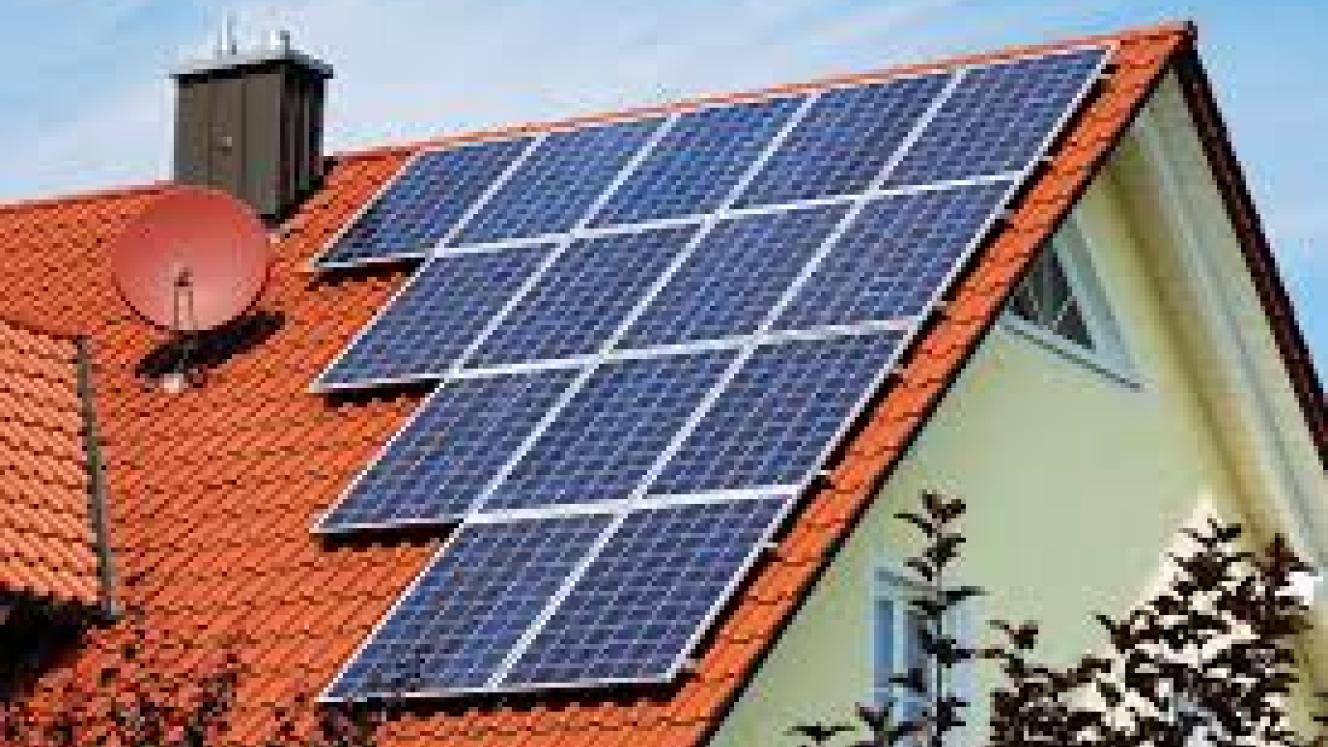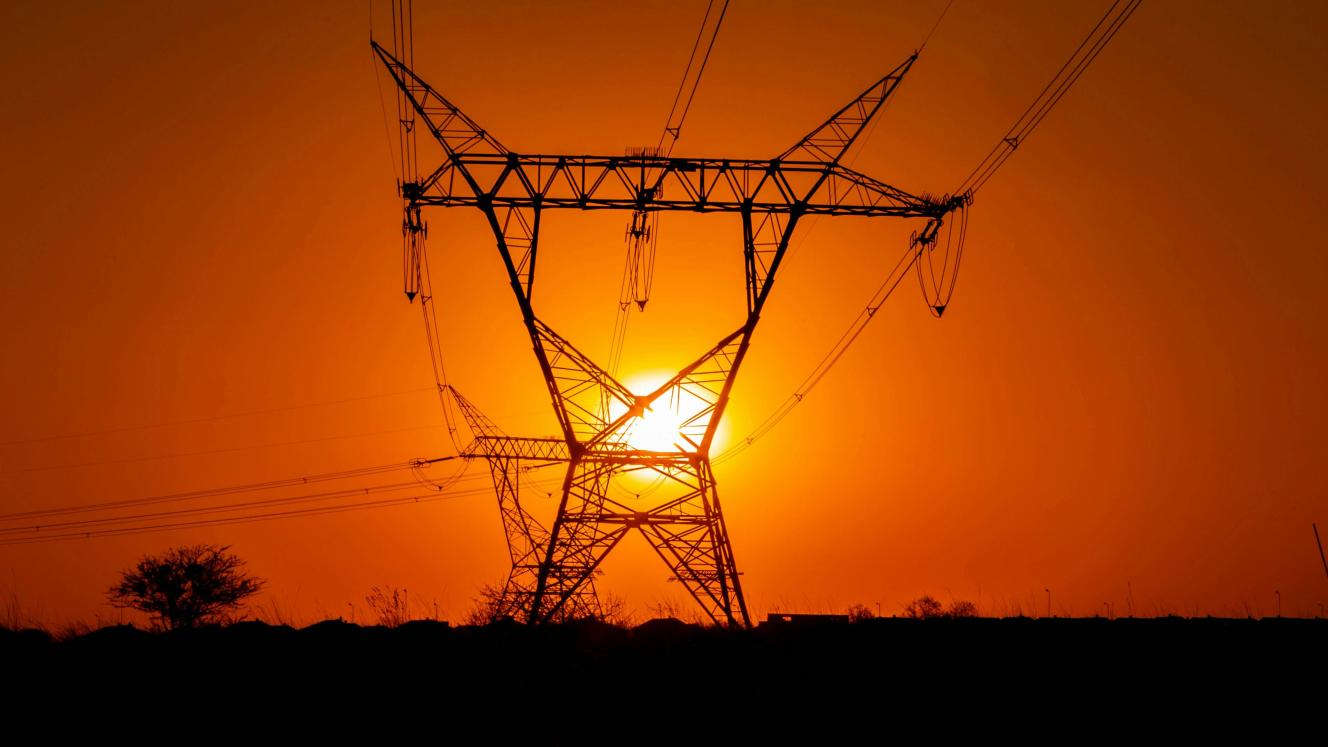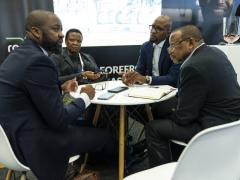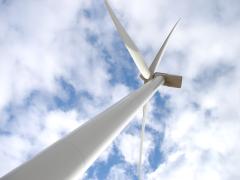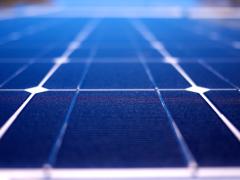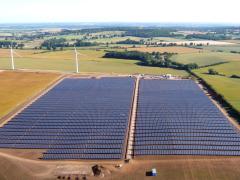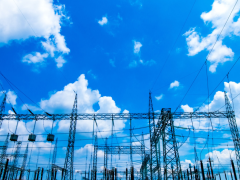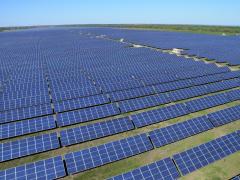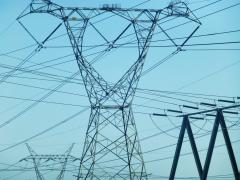by Renewables in Africa (RiA)
Supporting skills for students is essential if we are to connect every home and village around the world with clean, affordable energy. Much has been made in equipping the youths to improve on their employment potential, particularly in the labour-intensive world of solar. But dreams of a solar panel on every roof will never be met without a workforce with cutting-edge skills to drive an energy revolution.
It’s no secret that energy access unlocks opportunities for better health, education, and stronger economies – particularly through the creation of jobs and livelihoods. Backing energy access skills and training for students brings all these benefits, as well as maximising the impact. So it is well-placed to become a rallying point for policymakers, funders, and investors with a range of different interests.
According to Power For All: globally, the off-grid renewable energy industry is expected to create at least 4,5 million direct jobs by 2030. Already, in just the solar lighting part of the industry, 38 jobs are already being created for every 10 000 lamps sold and the numbers have surpassed the 150 000 in fuel-based lighting. The potential is there for them to reach 2 million. Thus, the reason why Open Energy Labs (OEL) is working to develop a strong, qualified, and gender-balanced workforce, which is key in supporting the electrification of a billion people.
The fast-evolving nature of the solar industry means that the sector should also be up to speed with the latest technologies. Indeed, progress is possible, and that’s why innovators are taking action.
IRENA estimates that achieving universal access to modern energy by 2030 could create at least 4,5 million jobs in the off-grid sector alone. 38 jobs are created in the solar lighting industry for every 10 000 lamps sold – so this part of the sector alone could create 2 million jobs based on the future market.
OEL backs universal access to electricity through education by teaching students through a “learn by making” approach, providing them with the latest skills and knowledge to develop universal access to electricity. OEL offers a mobile learning platform and an integrated hardware, demystifying energy systems, and provides a powerful capability for their design.
OEL also helps reduce energy poverty by empowering and inspiring people and communities to innovate toward affordable, reliable, and sustainable energy systems. This is the sort of effective, grassroots initiative that must be supported if we are to create real change in communities.
Africa has been described as an amazing ground for solar energy due to the prolonged duration of sunlight, compared to other parts of the world. In addition to being a fertile ground for solar energy solutions and companies, the continent is also blessed with some of the best brains in the world.
Unfortunately, there seems to be a disconnect in harnessing these resources for the betterment of the continent. The availability of unique remote-learning technology is a necessary tool for remote learning to be successful, as it needs to allow for meaningful two-way interaction between students and their teachers; such interactions can be enabled by using the most appropriate technology for the local context.

“Energy access is key to building a modern, more equitable economy,” says Suman Sureshbabu, Associate Director of The Rockefeller Foundation’s power initiative. “As the Powering Jobs census shows, growth of the decentralised renewable energy sector not only provides new, high-skilled jobs in countries with growing labour forces but improves equity by increasing economic opportunities for rural communities. When people can access affordable, reliable electricity that can be employed for productive purposes, they have the means to move up the income ladder, creating a virtuous cycle. With greater economic opportunities, rural communities can better afford electricity.”
This is where OEL is looking to make a difference with the launch of our educational app and connected hardware kit which takes a “learn by making” approach to teaching students electronics, by building a renewable electricity supply, able to provide reliable power for lighting and mobile-phone charging.
“The current technology is being used by Zambia’s two top technical colleges, and we have MoUs under discussion with the Ministry of Higher Education and Ministry of Energy to roll out to a further 3000 students. The skilled resource will enable us build internal capabilities as we scale into teaching students in Africa how to build and maintain renewable electricity supplies,” said OEL founder, Samson Sahmland.
Join us on Wednesday, 22 June 2022 at 14h00 (SAST) and discover OEL's unique “learn by making” approach, providing students with hands-on experience in solar technology. Claim your spot by registering via this link.
Acknowledgement
This article was first published on LinkedIn's Green Mind newsletter
